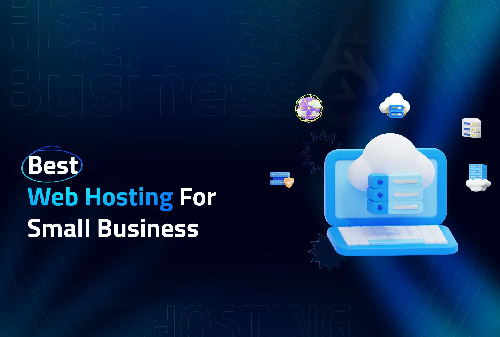What is Agile Development: An Iterative Approach to Software Creation
A Deep Dive into Agile Development
In today's rapidly evolving technological landscape, traditional software development methods often fall short. Enter Agile development, an iterative and collaborative approach that champions flexibility and continuous improvement. Unlike the rigid, linear structure of the waterfall model, Agile methodologies prioritize adaptability, customer feedback, and delivering value incrementally.

What Makes Agile Development Unique?
At its core, Agile development is about embracing change and fostering a collaborative environment. Here's what sets it apart:
- Iterative Cycles: Projects are divided into short iterations called sprints, typically lasting 1-4 weeks. Each sprint results in a working product increment, allowing for frequent feedback and adjustments.
- Collaboration is Key: Agile emphasizes close collaboration between developers, testers, stakeholders, and most importantly, the client. This ensures everyone is aligned and working towards a common goal.
- Flexibility and Adaptability: Changes are welcomed and viewed as opportunities to improve the product. Agile methodologies provide a framework to incorporate feedback and adapt to evolving requirements.
- Continuous Improvement: Regular retrospectives allow teams to reflect on their processes, identify bottlenecks, and implement changes to enhance efficiency and product quality.
Benefits of Embracing Agile:
- Enhanced Flexibility: Easily adapt to changing market demands and customer needs.
- Improved Collaboration: Foster a transparent and collaborative work environment.
- Higher Quality Product: Frequent testing and feedback loops result in a more refined product.
- Increased Customer Satisfaction: Deliver value incrementally and involve customers throughout the development process.
- Faster Time-to-Market: Release usable software faster with iterative development cycles.
Popular Agile Methodologies:
- Scrum
- Kanban
- Lean Development
- Extreme Programming (XP)
Agile vs. Waterfall: Choosing the Right Approach
While Agile offers numerous advantages, it's essential to choose the right methodology for your specific project needs. Waterfall, with its sequential phases, might be more suitable for projects with well-defined requirements and minimal anticipated changes.
In Conclusion (Content Only, Not Part of Output): Agile development has revolutionized the way software is built, enabling teams to deliver high-quality products efficiently. By embracing change, prioritizing collaboration, and focusing on continuous improvement, Agile methodologies empower businesses to stay ahead in today's competitive market.
















